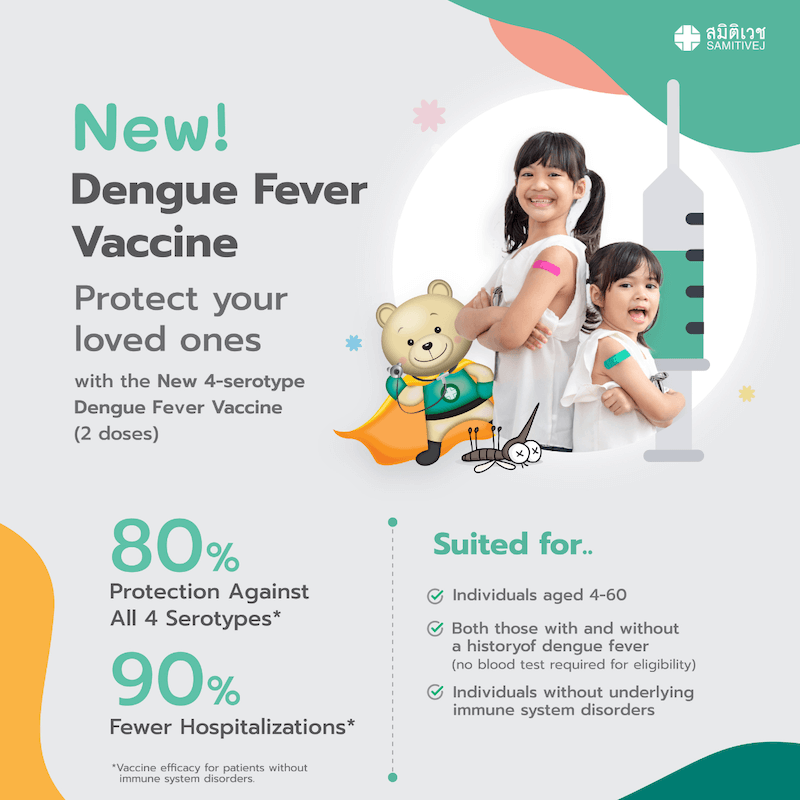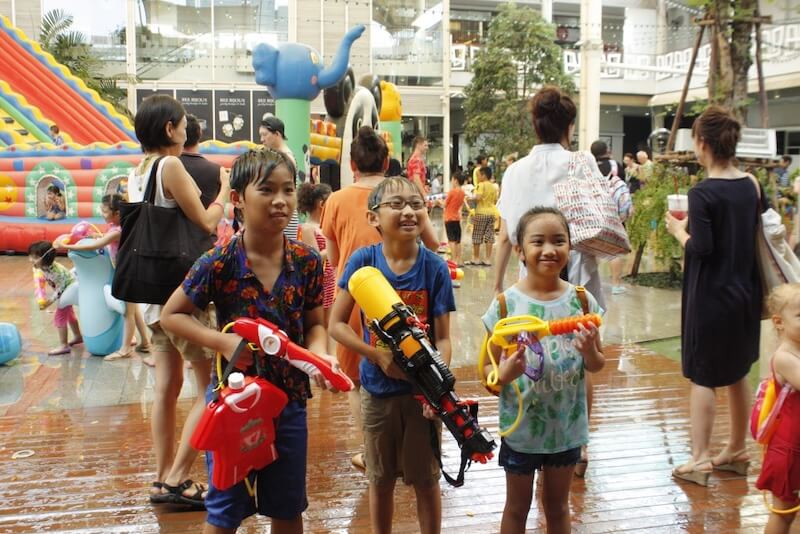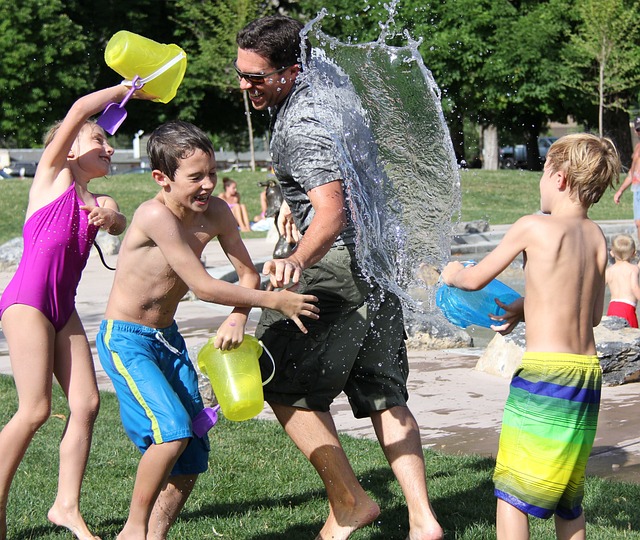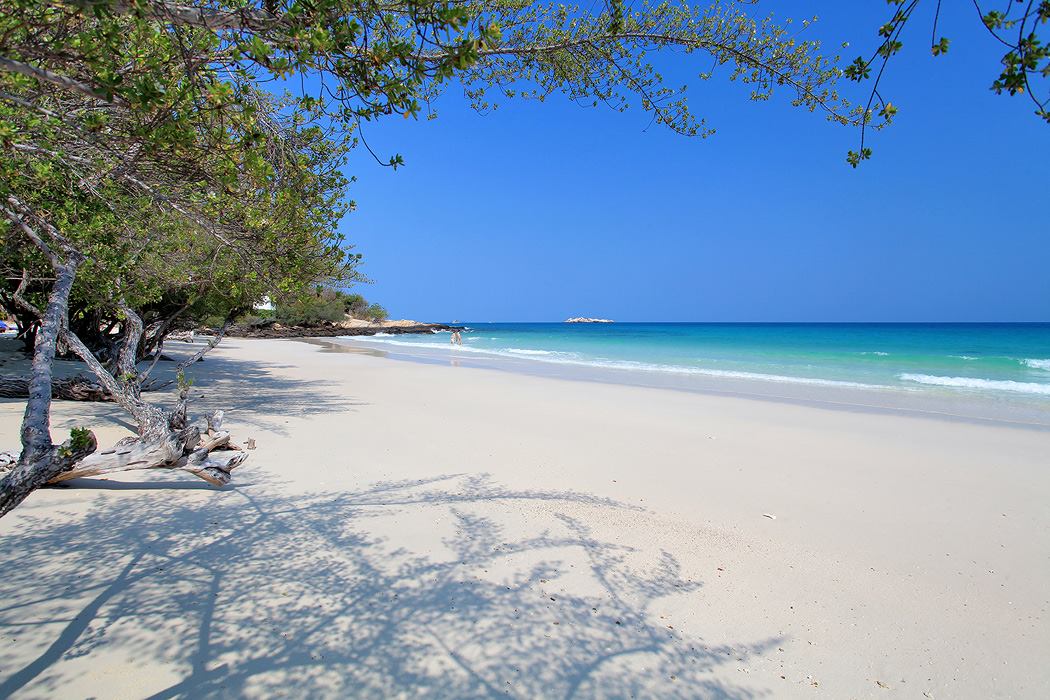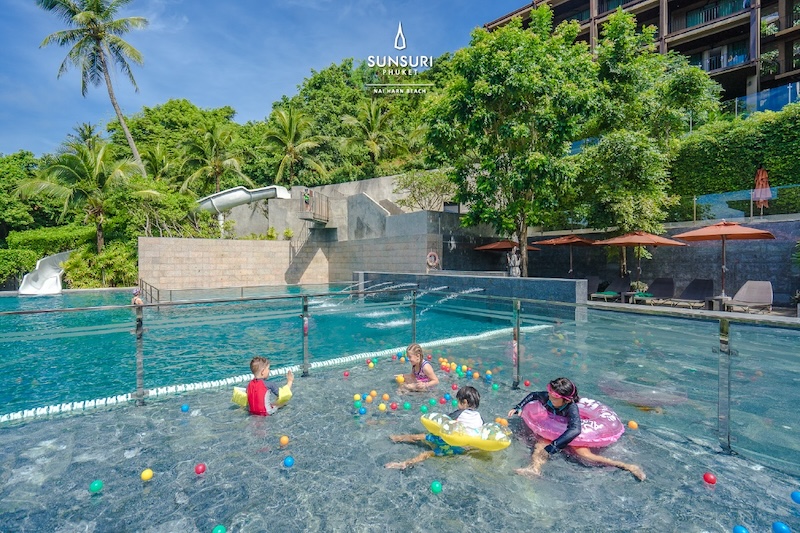For new parents, it is important to learn a about respiratory syncytial virus (RSV) in young children. RSV is a common infection of the respiratory tract that manifests symptoms similar to those of the common cold. It can affect children and adults alike but it is most dangerous for infants and children with weak heart or lungs. Approximately 1% to 3% of all children in the first 12 months of life will be hospitalised because of RSV.
Among adults and older children, symptoms of RSV could include congested or runny nose, dry cough, sore throat, and mild headache. These symptoms are remarkably similar to those of the common cold and the attendant discomfort can often be treated using simple care remedies.
Infants with their fragile immune systems are particularly susceptible to RSV and the first infection could result in severe symptoms. Subsequent infections are likely to be milder due to the impact of anti-bodies in their body. Children with underlying heart and lung problems might suffer breathing problems if they contract RSV, and might require hospitalization and even a ventilator to reduce distress. About 20 to 40% cases of Thai children with lower respiratory tract infection are caused by RSV. In high-risk cases, such as babies with heart and lung problems and pre-term infants or very small infants, an RSV infection could be fatal.
Treatment
For RSV infection, a better outcome might be achieved if the patient is treated early. In about 20 to 30% of patients, the virus spreads to the lower respiratory tract, which then develops into bronchiolitis (infection of small airways) or pneumonia. There might be some association between RSV bronchiolitis early in one’s life and subsequent asthma. Symptoms of RSV include severe, chesty cough; difficulty in breathing; lips/face turning blue when coughing; and high fever. If your child is coughing and this is disturbing their sleep, consult a doctor. If your baby has a high fever, is unable to eat or play, and breathes with a wheeze, consult a doctor immediately.
If you suspect RSV, we will conduct a nasal swab and within 20 to 30 minutes, we will be able to tell if your child has RSV. Sometimes, it might be necessary to conduct an X-ray to determine if the child has pneumonia. Tests might also have to be conducted to determine the level of oxygen in the bloodstream so that treatment can be adjusted accordingly.
There are no specific medicines for RSV; instead, we treat the symptoms. Once RSV is diagnosed, treatment involves hydration and oxygenation. Feeding your baby warm liquids helps since it clears congestion and helps keep the baby hydrated, which is critical in the treatment of RSV.
Prevention
A prophylaxis has been introduced in the West that is used in the prevention of pre-term infants or babies with congenital heart disease or weak lungs. The prophylaxis generates antibodies that helps improve the infant’s resistance or immunity. Unfortunately, this prevention is not yet available in Thailand.
There is no vaccine for RSV. It is transmitted through secretions and can be contracted by shaking hands with, touching, or kissing an infected person or even an object that has the RSV germs. How does an object get germs on it? When an infected person sneezes or coughs or blows their nose, germs escape into the surroundings. A strict hygiene routine is the only way to keep infection at bay. Older siblings who go to school or day care can bring the virus back home and infect the infant. The virus can survive for hours on toys or other objects. If you touch such an object and then touch your baby, you could end up transferring the virus. So, hand hygiene is particularly important in the prevention of RSV, and it is helpful to encourage this among older children to ensure that they don’t inadvertently infect younger siblings. This cleanliness can extend to the child’s general environment as well. It makes immense sense to reduce your child’s exposure to people suffering from fever or colds.
Seasons are also important in the spread of the virus. In the northern hemisphere, spring to winter is peak RSV season, but in Thailand, June to October, or the monsoon, is when RSV spreads rapidly. It helps, therefore, to exercise greater caution during this time. Since the first year of a child’s life is when RSV might be particularly dangerous, breastfeeding exclusively for the first six months helps build the infant’s immunity, thus lowering the risks of RSV. While the jury is still out on the influence of smoking in the spread of RSV, the general medical opinion is that smoking is best avoided around children. Similarly, try to minimise the family’s exposure to air pollution, so that it can’t harm the baby’s respiratory system.
By Passorn Punyahotra, M.D., Paediatric Infectious Disease Specialist at Samitivej International Children’s Hospital, Sukhumvit Campus
Editor’s note: This article is sponsored content from Samitivej International Children’s Hospital, and it is reprinted here with permission of the hospital.



